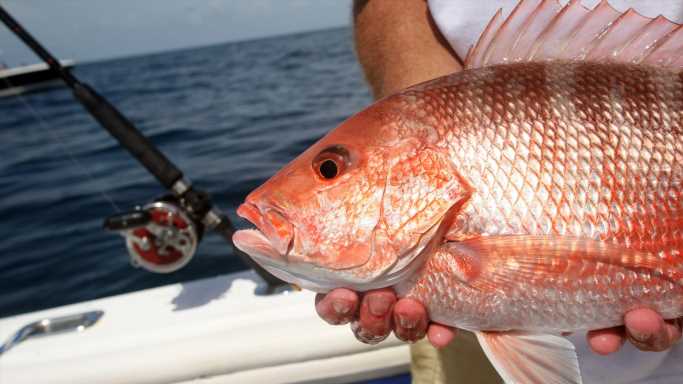Fish can be one of the healthiest foods there is. It’s low in harmful fats (counterintuitively fatty fish are considered a “lean” source of protein) and often high in nutrients, including beneficial Omega-3 fatty acids, which contribute to brain and heart health. (Eating fatty fish is one of the healthy eating habits that will change your life.)
Not all fish is good for you, however. Many varieties — especially the larger ones with longer lifespans — contain various contaminants, most often significant amounts of mercury. This highly toxic metal can have a serious neurological impact, particularly in children and on fetuses, and increases the risk of high blood pressure and heart attack. (While species with particularly high mercury levels are best to avoid entirely, others are fine to eat occasionally — typically no more than once a week.)
Health issues aside, there are also environmental and ethical reasons to avoid eating some fish. Many species are overfished, sometimes illegally, some to the point where they are threatened with extinction.
Bycatch is another issue. The term refers to species of fish or shellfish — or other marine creatures, like sea turtles and seabirds — inadvertently taken along with the target species. Desirable bycatch is often retained and sold, but many species (and non-edible bycatch) are simply discarded, meaning returned to the sea, where they likely die.
Farmed fish can cause environmental problems, too, as they can escape into the surrounding environment where they interbreed with or compete for food with wild species. The antibiotics and other chemicals often used to raise them can leak into surrounding seas, too. (Another factor polluting the oceans is plastic waste. These 50 investors are bankrolling the plastic waste crisis.)
Click here to see the worst seafood to eat
To determine which varieties of fish and shellfish are best to avoid (or at least to eat sparingly) — for reasons of health or environmental impact, or both — 24/7 Tempo reviewed recommendations and warnings from numerous environmental and medical websites, including the Monterey Bay Aquarium’s Seafood Watch, Greenpeace, Sustainable Fisheries, the FDA, the National Oceanic and Atmospheric Administration’s Fisheries site, WebMD, One Medical, Healthline, and Medical News Today.
Source: Read Full Article
